







Read More
The Master of Optometry (M.Optom) is a postgraduate program designed to offer comprehensive knowledge and advanced clinical skills in the field of optometry. Throughout the curriculum, students delve into subjects such as advanced ocular diagnostics, therapeutic interventions, contact lenses, low vision rehabilitation, and binocular vision. Practical experience is gained through clinical rotations in diverse eye care settings, providing hands-on learning opportunities. Additionally, research components are integrated into the program, enabling students to contribute to the advancement of the field. Ultimately, the program aims to equip optometrists with specialized expertise, fostering a thorough understanding of eye care and preparing them for specialized roles within the industry.
Year wise Course Details
Courses for this semester
This course deals with the application of the optical properties of light , the eye as a visual system and advanced dispensing techniques.
This course covers the principles and applications of ophthalmic instrumentation, providing students with essential skills for accurate ocular investigations, proficiency in advanced instruments, and adherence to quality assurance and safety standards in ophthalmology.
This course explores the intersection of public health and optometry, covering foundational principles, epidemiological applications, community-based eye care program development, effective health education, and advocacy for optometric services within legal and ethical frameworks.
Courses for this semester
An advanced contact lens course in an optometry syllabus is designed to provide optometry students with specialized knowledge and skills related to the fitting, prescribing, and management of contact lenses. The course aims to equip students with a deep understanding of advanced contact lens concepts, technologies, and clinical applications.
This course focuses on the assessment and management of low vision in the geriatric population. It covers various eye conditions associated with aging, strategies for optimizing visual function, and the use of low-vision aids. Practical skills in conducting assessments and developing appropriate interventions will be emphasized.
Students will be able to conduct a comprehensive eye examination, incorporating assessments of visual acuity, refraction, ocular health, and relevant diagnostic tests.
A comprehensive course in pediatric optometry and binocular vision covers the assessment, diagnosis, and management of pediatric eye conditions, along with the principles of binocular vision, to equip students with the knowledge and skills needed for effective clinical practice.
The course provides a comprehensive exploration of ocular anatomy, diseases, and therapeutic interventions, equipping students with the knowledge, diagnostic skills, and clinical competencies necessary for understanding and managing a wide range of ocular conditions.
Courses for this semester
The advanced contact lens course in optometry provides comprehensive instruction and hands-on experience in the fitting, assessment, and management of various contact lenses, including specialty lenses, to equip students with the knowledge and skills necessary for advanced clinical practice in optometry.
This course is designed to provide advanced knowledge and practical skills in the field of Low Vision and Geriatric Optometry. It will cover the assessment, management, and rehabilitation of visual impairments in older adults, with a focus on optimizing visual function and quality of life.
Advanced Pediatric Optometry & Binocular Vision course focuses on equipping students with the specialized knowledge and skills necessary to provide comprehensive eye care for pediatric patients, covering developmental aspects, binocular vision disorders, refractive errors, contact lens fitting, and the integration of advanced technologies in pediatric optometry.
This Teaching Methodology course comprises five units, units progress from foundational understandings of educational philosophies and learning theories to practical applications of pedagogical approaches, curriculum design, assessment strategies, and classroom management techniques. By exploring theoretical frameworks alongside hands-on experiences, students develop the knowledge, skills, and dispositions necessary for fostering meaningful learning experiences and promoting student success.
Courses for this semester
The students will be posted in different specialities of eye care on a rotatory basis under the supervision of experienced clinical supervisors.
An eye banking course provides a comprehensive understanding of the anatomy, diseases, and transplantation procedures of the eye, emphasizing the principles and practices of eye donation, retrieval, processing, and preservation, while addressing ethical, legal, and managerial aspects, to equip students with the knowledge and skills needed for effective participation in the field of eye banking.
This course on Entrepreneurship in Optometry equips students with the knowledge and skills to identify, evaluate, and pursue entrepreneurial opportunities within the optometry industry, covering business planning, financial management, legal considerations, marketing strategies, and leadership skills essential for successful optometric practice.
Each student is encouraged to take up a research project in the area of his/her liking. The project should be original and should have considerable clinical relevance. The concerned faculty members guide the student in his/her project. After completing the project, each student has to submit a complete report of their respective projects.

CST- Common scholarship test is a national and international level online MCQ based examination funded for intellectual empowerment by Assam down town University.
CST- Maximum enrolment each year is 120 seats and any 10+2 students can apply. Adtu is northeast India’s first placement driven university to provide 100% scholarship benefits worth 10 cr.
CST aims to inspire brilliant and competent students to pursue further education. Accredited with a prestigious grade by NAAC, UGC and AICTE.
Explore more scholarships that can help you reach out your goal with financial aid.
This scholarship is valid on the basis of the board/university examination
| 95% & above | 100% Scholarship on all semester |
| 90%-94.9% | 50% Scholarship on all semester |
| 80%-89.9% | 25% Scholarship on all semester |
This scholarship is valid on the basis of the board/university exam
| National & International Level | 100% Scholarship on all semester |
| State Level | 50% Scholarship on all semester |
| District Level | 25% Scholarship on all semester |
This scholarship is valid on the basis of the board/university exam
| National & International Level | 100% Scholarship on all semester |
| State Level | 50% Scholarship on all semester |
| District Level & NCC Certificate Holder | 25% Scholarship on all semester |
Discover a multitude of world-class amenities and cutting-edge resources at Assam down town University, enhancing your academic journey to new heights.
The Start-Up & Incubation Centre at Assam down town University provides a supportive environment for young entrepreneurs to develop and grow their business ideas. The center provides mentorship, funding, and networking opportunities to help innovative ideas become successful businesses.
SFURTI scheme to support rural entrepreneurs and innovators, an initiative by the Ministry of MSME
TIDE 2.0 scheme for ICT-based startups which provides a grant of Rs. 4L and Rs. 7L under EiR and Grant categories respectively, an initiative by the Ministry of MeitY.
dtVL Ideation, an incubation program for early-stage entrepreneurs with a market-ready solution/product, offering interest-free loans up to Rs. 2 lakhs.
Sprout UP, an incubation program for students, faculties, and researchers with innovative business ideas, prototypes, or technology solutions.

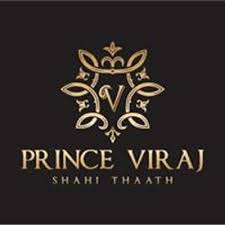





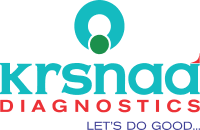



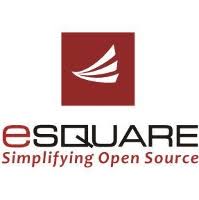

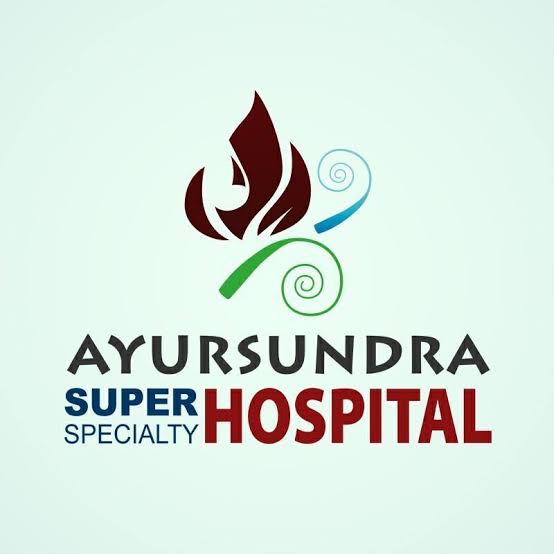
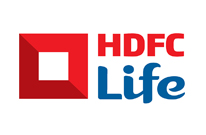


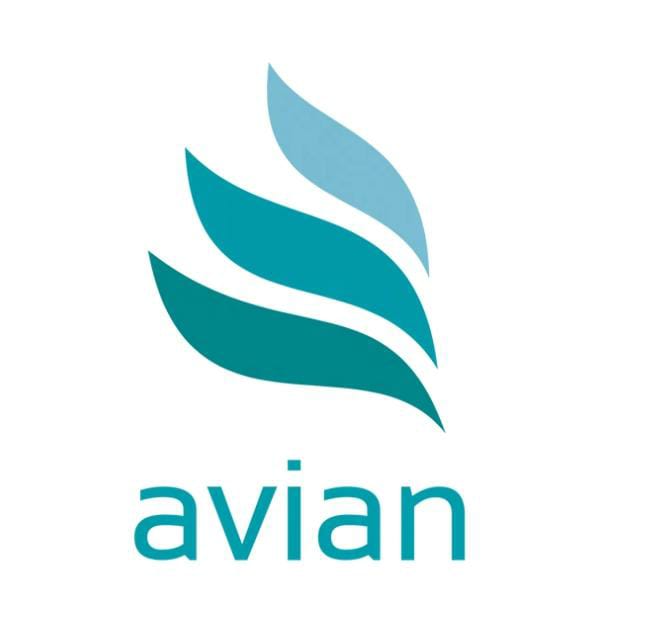








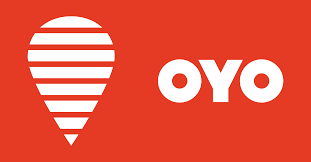










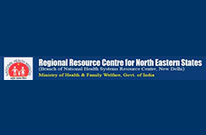
![24[7].ai 24[7].ai](https://adtu.in/files/247ai.jpg)


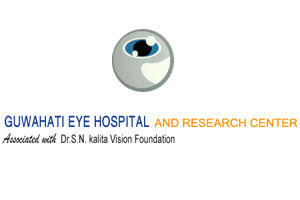




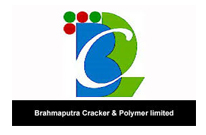

.png)

"I am a BBA student of 3rd semester. I hail from Bhutan. I vow that I am having a great experience i...
"AdtU is amazing. I am a BBA student of 2019-22 batch and I am just grateful for the amount of oppor...
Let us be grateful to the people and place who makes us happy. They are the charming gardeners whom ...
Currently I am pursuing MBA in Assam Down Town University. MBA is the professional course through wh...
AdtU is a university that focuses on giving knowledge, education and simultaneously making the stude...
The Assam downtown University has been a great learning experience. The university has provided me w...
My experience with AdtU has been splendid one indeed. Little needs to said about its scenic infrastr...
As a student I am very glad that I have got an opportunity to study here in Assam downtown universi...
My name is Sakhyajit Roy. I?m from Tripura. I joined the university on Auguest, 2017 as a student of...
I share immense pleasure to share my post graduate program experience in Assam down town University....
AdtU is a platform where I got golden opportunities to feed my zeal for knowledge through the dynami...
I am fortunate to get an opportunity to study here in Assam Downtown University. The best thing abou...
Our university is one of the best place for developing ourselves in the field of research and acedem...
ADTU is a university that is very good interms of infrastructure, academics and placements. Our tea...
It is one of best private colleges in North East India, it also provides a good environment for ed...
ADTU is a good University which provides the students with best quality lectures and ensures comfort...
The environment of Assam downtown university is very pleasant.The department of BMLT is very good a...
The university has all the necessary facilities and amenities for students . The classrooms and the ...
Assam downtown University is well recognised all over india. In the ongoing pandemic situation it ha...








